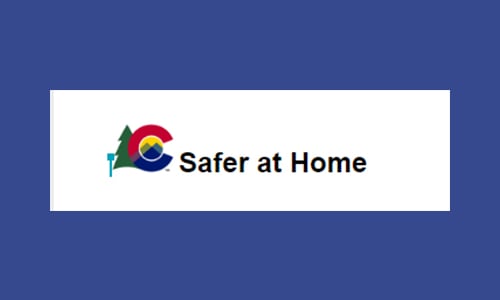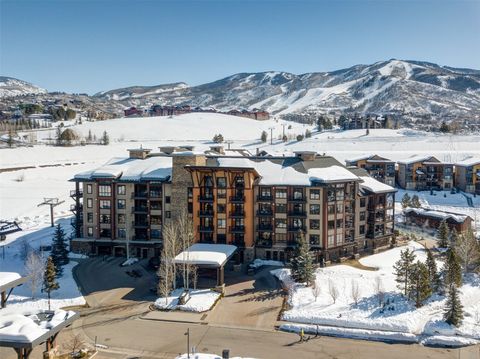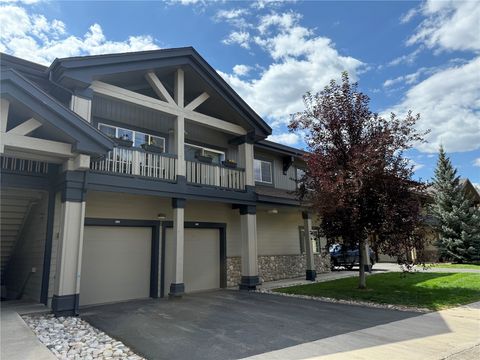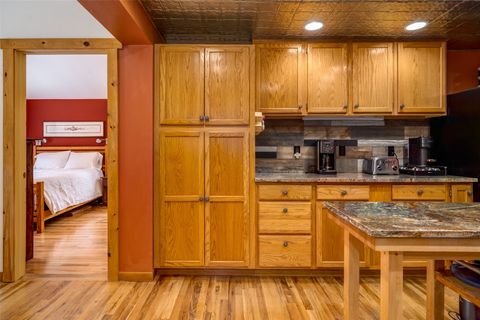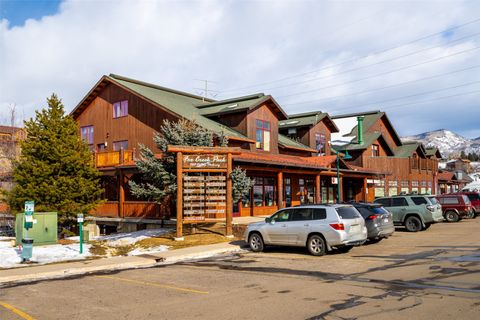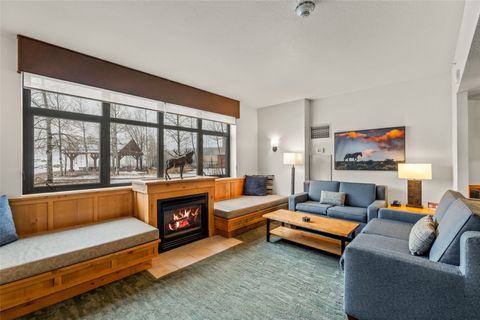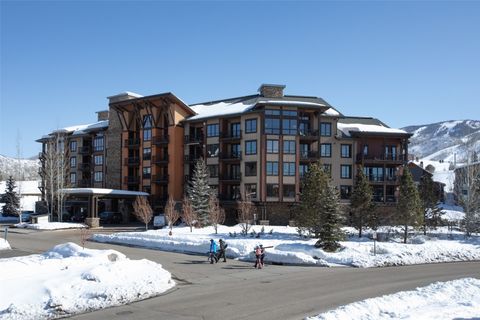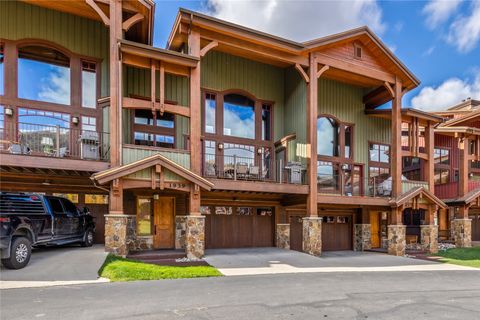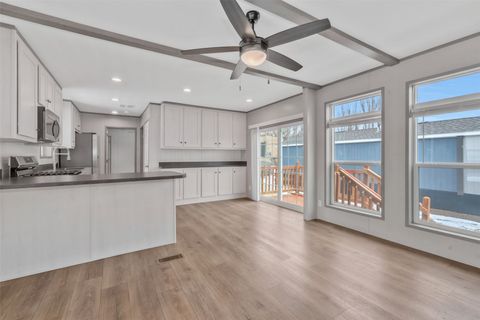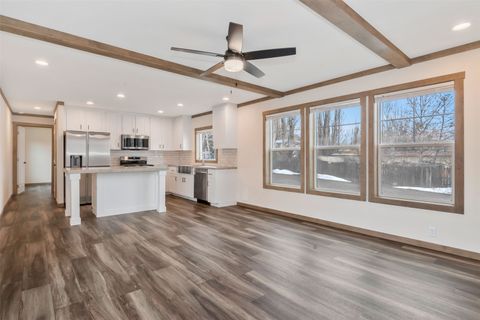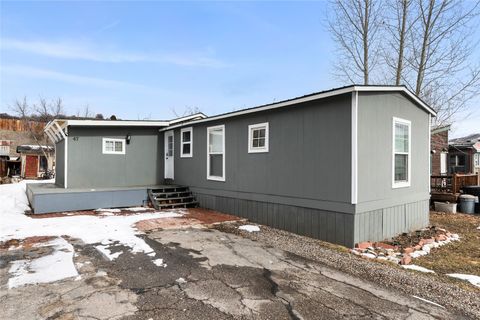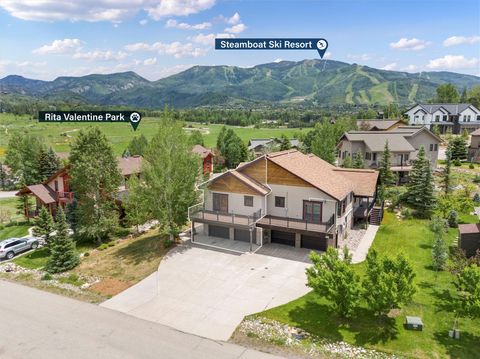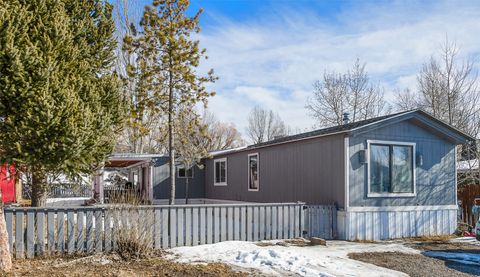Effective April 27, 2020, Governor Jared Polis issued Executive Order D 2020 044 directing Colorado to enter the new Safer at Home phase of the COVID-19 pandemic. The goal is to have most people stay at home as much as possible and avoid any unnecessary social interactions, while also allowing businesses that are hurting from extended closures to gradually reopen under restrictions and guidance to ensure as much safety as possible for both employees and consumers.
The Colorado Department of Public Health and Environment (CDPHE), based on the Governor’s directive, has also issued Public Health Order 20-28 which provides details of certain restrictions and safety guidance by broad industry type. CDPHE is making the information contained in the Public Health Order available via the Safer at Home webpage where you can access information by industry.
What Safer at Home Means for Real Estate:
Open/Closed Status:
Marketing services & showings are allowed, with restrictions, as of April 27, 2020.
This applies unless you are in a county still under a Stay At Home Order (see our FAQ below for more information on determining whether to follow state or county orders.
Specific “Do’s and Don’ts” for Field Services and Real Estate
Please note: This matrix was adapted from the guidance issued following Public Health Order 20-28, but does not match it exactly. Some information that does not pertain to salons and spas has been removed, while other, more specific information has been added.
| Many of these services were deemed essential. This allows additional services to open or expand as increased workforce returns. | |
| EMPLOYEES | TO PROTECT CUSTOMERS |
|
Additional resources and guidelines:
This section includes but is not limited to:
|
Frequently Asked Questions Related to Real Estate Services
Question: Can a brokerage firm reopen its office?
Answer: Yes. A brokerage firm office may reopen its office so long as it complies with Public Health Order 20-28, in particular, Sections II.I. and Appendix C.
Please be aware that local jurisdictions may still be under Stay at Home Orders, or may return to a Stay at Home Order as the need arises. In that case, the later date should be adhered to, as the Governor’s Executive Order allowed local governments to determine whether they wanted to extend their Stay at Home orders beyond the statewide date.
.
Question: What if my county has requirements for sanitization and occupancy of business-related locations that are different from the state’s Public Health Order 20-28? Which requirements do I have to follow?
Answer: The general rule is that the most restrictive terms of either the state or local orders apply since local governments are allowed to implement stricter rules without state approval. So if the city or county’s order is more restrictive than the state order, follow the city or county order.
The exception is if your county has been granted a variance by the state, meaning that the local government has both submitted an application and been approved by the Colorado Department of Public Health and Environment which demonstrates that they are able to relax some restrictions. Please visit this site for information on which counties have approved variances.
Question: Public Health Order 20-28 Appendix B refers to employers and employees. Does this still apply to a broker that is an independent contractor?
Answer: Yes. For purposes of Public Health Order 20-28, all brokerage firms have the same obligations for their brokers (independent contractors) as they would have for employees.
Question: Does a brokerage firm need to have written COVID-19 policies in place?
Answer: Yes. Brokerage Firm’s need to review Public Health Order 20-28 and create appropriate policies that comply.
Question: If I reopen my brokerage firm office, am I required to take daily temperatures of employees and brokers that come into the office?
Answer: Yes. Public Health Order 20-28 Section II.I requires brokerage firms to conduct daily temperature checks and monitor symptoms in employees and brokers. A sample form can be found here regarding symptom screening. Brokerage firms must also refer symptomatic employees the CDPHE Symptom Tracker, send the employee or broker home, increase cleaning and require remaining employees and brokers to stay 6 feet away from each other, and exclude the afflicted employee or broker from the office until they are fever-free, without medication, for 72 hours and 10 days have passed since their first symptom. If multiple employees or brokers have symptoms, contact your local health department.
Question: What kind of procedures should a brokerage firm have to monitor for symptoms and report to management.
Answer: We realize it is unrealistic for every single broker to report their health status to the brokerage firm daily. Therefore, brokerage firms must have a policy in place that requires brokers meeting people in-person to check themselves for fever both before and after meeting with people. The policy should also require that any broker with symptoms or a fever report the symptoms or fever to the brokerage firm.
Question: Who is responsible for cleaning and disinfecting occupied properties between showings?
Answer: Both Seller’s Brokers and Buyer’s Brokers are considered “Field Services” workers under the Public Health Order 20-28 and share the responsibility to make sure cleaning and disinfection occur between showings. Seller’s Brokers need to make arrangements with any occupants to clean and disinfect between showings. Likewise, Buyer’s Brokers need to clean and disinfect behind their buyers while showing the property.
Question: Who is responsible for cleaning and disinfecting after showings if the property is vacant?
Answer: Seller’s Brokers should give Buyer’s Brokers specific instructions about cleaning after their showing, but should also make arrangements to ensure the property is clean and disinfected.
Question: Who is responsible for providing disinfectant?
Answer: Seller’s Brokers should make disinfectant and cleaning supplies available for Buyer’s Brokers to use. However, Buyer’s Brokers should also bring their own disinfectant and cleaning supplies in case none is available.
Question: Can a Seller’s Broker pass along the cost of cleaning and disinfecting listings to the seller?
Answer: Yes, as long as it is agreed to by the seller in the Seller Listing Contract.
Question: Can a buyer require a seller to deep clean a property prior to closing?
Answer: Yes, so long as this is part of the terms of the contract between the buyer and seller.
Question: Can showings continue if the Seller’s Broker or seller receives notice that someone who tested positive for COVID-19 previously entered the home?
Answer: Yes, however, the Seller’s Broker will need to ensure that the property was cleaned and disinfected since that person visited the property and should notify prospective buyers.
Question: Can Buyer’s Brokers shuttle buyers around to showings in their car?
Answer: Due to the Social Distancing Requirement of the Safer At Home Executive Order, buyers and brokers should each make separate travel arrangements and should remain at least six feet away from each other at all times.
Question: Who should be providing gloves and masks for showings?
Answer: Due to the shortage of personal protective equipment, it is recommended that brokers encourage buyers to bring their own masks and gloves. Both Buyer’s Brokers and Seller’s Brokers are encouraged to attempt to provide masks and gloves. However, if buyers show up to meet a Buyer’s Broker without masks and gloves, the Buyer’s Broker must either: 1) provide masks and gloves; 2) check to see if the Seller’s Broker has provided masks and gloves; or 3) tell the buyers they will need to reschedule the showing until the buyers have masks and gloves.
Question: Who must inquire as to whether any occupant in a property is symptomatic for COVID-19 or have been in contact with known positive cases?
Answer: The Seller’s Broker should be the one asking the occupants if anyone is symptomatic or has been in contact with known positive cases of COVID-19. If the answer is yes, the Seller’s Broker must, at a minimum, disclose the occupant’s condition to any prospective Buyer’s Brokers or buyers. However, if there are people with symptoms on the property, Seller’s Brokers are encouraged to delist the property and deny showing requests. Buyer’s Brokers should be advising all buyers to assume the sellers or buyers from previous showings are COVID-19 positive and should take all necessary precautions.
Question: Should the Buyer’s Broker ask the buyer if they have symptoms or have come into contact with known positive cases of COVID-19?
Answer: Best practice is for Buyer’s Brokers to ask buyers they are working with if they have symptoms or have come into contact with known positive cases of COVID-19. If the answer is yes, at a minimum, the Buyer’s Broker should tell Seller’s Brokers prior to scheduling a showing. The Seller may deny showings.
Question: Does a Seller’s Broker need to keep a detailed log of all the buyers that enter the property?
Answer: No. Seller’s Brokers do need to keep a Showing Log about all showings on the property which must include the name and contact information for the Buyer’s Broker showing the property along with the date and time of the showing.
Question: Does a Buyer’s Broker need to keep a log?
Answer: Yes. All Buyer’s Brokers must maintain a log that includes the name, address, email and/or phone number for the buyer along with the dates, times, and addresses of all the properties the buyer visited.
Question: Is it ok to have more than one potential buyer in the property at a time for a showing?
Answer: No. In order to prevent unnecessary contact, showings must be limited to only one buyer group (meaning a group of individuals from a currently shared household) at a time.
Question: Is there a limit to the number of buyers I can show the property to if they have all been quarantined together?
Answer: Under Public Health Order 20-28, gatherings are limited to 10 or fewer people. However, we STRONGLY encourage Buyer’s Brokers to limit the number of buyers they show the property to prior to executing a contract to only those buyers that will be signing a contract. Additionally, sellers may impose other restrictions such as requiring buyers to be pre-qualified, limiting the number of buyers in the property, or prohibiting showings until a contract is executed by both buyer and seller.
Question: Are there best practices for what a seller can do to protect themselves while allowing showings?
Answer: Yes. Have a wash place with antibacterial soap or a sanitation station for buyers to wash/sanitize their hands upon entering and exiting the property. Sellers should turn on all lights and open all doors prior to any showing. Open any cabinets, window coverings, or anything else that Seller’s Broker may think appropriate to minimize the amount of touching needed by the Buyer’s Broker or the buyers. Sellers should also clean and disinfect the property, in particular all high-traffic areas such as countertops, doorknobs, or light switches after each showing.
Question: Does the occupant need to leave the property for showings?
Answer: No. Occupants are permitted to remain in the property during all showings. However, occupants should wear masks and gloves and maintain six feet of distance from everyone while other people are in the property.
Question: May a Broker order an occupant to leave the property for showings?
Not if the occupant or tenant is a Vulnerable Individual. In such circumstances, Vulnerable Individuals must be allowed to remain in the property during all showings. Such occupants should wear masks and gloves and maintain six feet of distance from everyone while other people are in the property.
Question: Should Seller’s Brokers get waivers of liability from potential buyers before allowing the potential buyer to enter the property for a showing?
Answer: Brokers that have waivers of liability drafted by a Colorado licensed attorney are permitted to use them. Seller’s Broker should consult with their Colorado licensed attorney regarding the risks or enforceability of such waivers. Additionally, Buyer’s Brokers must advise all buyers to have such waivers reviewed by legal counsel before allowing buyers to sign such waivers.
Question: Are there best practices for what a buyer can do to protect themselves while visiting properties?
Answer: Yes. Buyers should wear masks and gloves at all times while visiting a property. Buyers should wash and sanitize hands both at the beginning and end of seeing a property and minimize the number of people the buyer brings to see the property.
Question: Does a buyer have to see the property before they can make an offer?
Answer: No. All buyers, especially Vulnerable Individuals, should be encouraged to do as much research finding a property as they can virtually. This might include getting a contract signed by both buyer and seller prior to the buyer ever seeing the property. In these cases, the buyer may want to consider adding a contingency to the contract that the contract is contingent upon the buyer viewing and approving the property after the contract is signed.
Question: Does the seller have to allow showings?
Answer: No. Seller’s Brokers should explain to all sellers, especially Vulnerable Individuals, their options for selling their property without allowing or minimizing showings. This might include asking for pre-qualifications of buyers before allowing them to see the property or requiring buyers to make an acceptable offer that is signed by the seller before allowing anyone into the property.
Question: Can a buyer still sign a contract or deliver earnest money in person?
Answer: While clients can still sign contracts or deliver earnest money in person, brokerage firms are required to take measures to reduce or negate the need for paper and attempt to provide contactless payment options.
Question: Can a Broker still attend listing appointments in person?
Anwer: Yes. However, Brokers are required to wear a mask and gloves. Public Health Order 20-28 limits gatherings to 10 people or less. We strongly encourage Brokers to perform as many of their job duties remotely or virtually as possible.
Question: How and where can I obtain masks and gloves for my brokers, contractors, and customers?
Answer: Public Health Order 20-28 requires a cloth face covering or a medical grade mask at all times (page 12, Section L, Personal Services. Only services that can be performed without the customer removing their mask are permitted. Guidance for creating a non-medical grade mask can be accessed here, and should be reviewed to ensure homemade masks are as safe as possible. It is important to note that PPE, and especially equipment like N95 masks, gowns, face shields, and bonnets, will continue to be prioritized for healthcare professionals who are on the front lines fighting the virus.
Question: If clients are required to wear masks, can I tell those who don’t wear masks that they will not be permitted to attend showings or meetings?
Answer: Masks are required, unless a medical exemption exists for individuals who cannot wear a mask due to a medical condition, or for anyone who cannot remove a mask without assistance, including children under the age of 2 years, per CDC guidance.
Question: I don’t believe it’s safe to be called back into work yet. What are my options as an employee of a business that has reopened or resumed services?
Answer: We recognize that the decision to return to work amid the COVID-19 crisis is a very personal one. If you have spoken with your employer and are unable to reach a compromise on this issue, please view this information from the Department of Labor and Employment (CDLE).

